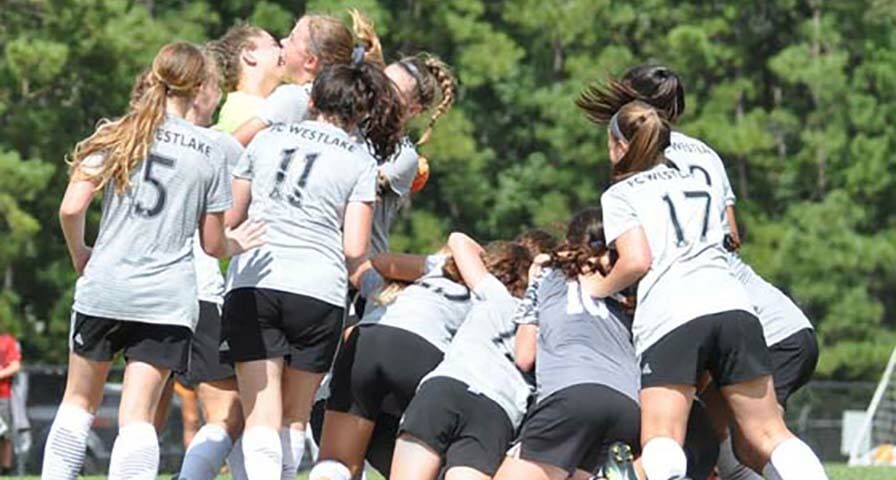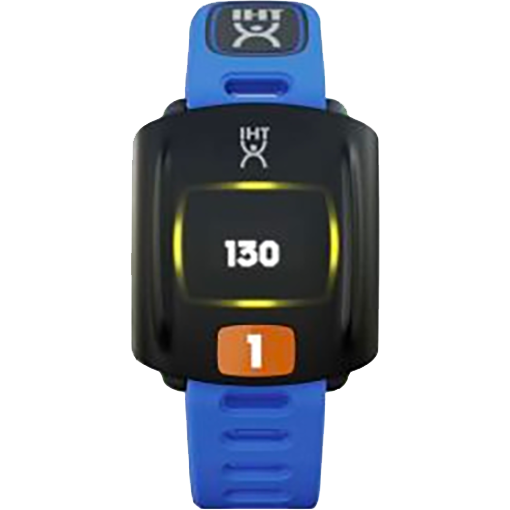Originally published Aug. 25, 2018 in the Lincoln Journal-Star.
The positive effect of sports
Kids are back at school, and for many that means team sports. A new study says kids who participate in physical education and sports experience several benefits, like helping them develop respect for their own bodies and respect for others. Other studies show that sports involvement helps fight depression in kids. Good coaching also can have a positive impact – teaching kids the value of working hard and focus, encouraging teamwork, and ideally, making it fun.

A new study says kids who participate in P.E. and sports experience several benefits, like helping them develop respect for their own bodies and respect for others.
Don’t overdo
As can often be the case, too much of a good thing can backfire, especially when it comes to specialization for kids. The American Orthopedic Society for Sports Medicine cautions that “youth specialization before the age of 12 is associated with increased burnout and dropout rates, and decreased athletic development over time. More importantly, there is a lack of evidence that early specialization is necessary for adult elite performance.”
Instead, many studies suggest youth should have exposure to diverse sports and activities that will improve their physical, mental and emotional well-being. In addition, parents need to keep an eye on multiple late-night games and practices that can eat into their kids’ sleep time. The recommended sleep time for kids ages 6-13 is 9-11 hours.
Importance of being active
The Centers for Disease Control and Prevention recommends 60 minutes a day of moderate to intense aerobic exercise for kids to promote good health and academic performance. Kids and their parents used to be able to count on recess and physical education (P.E.) during the school day to provide a good deal of that. However, with minutes being cut from both recess and P.E. in many Lincoln schools, extracurricular sports and out-of-school physical activity programs can become important.
What about the kids who are just not uncomfortable in after-school sports? Or the kids for whom the cost and ability to get to practices and games can prevent participation? This makes school P.E. even more important. Health experts say that kids need a minimum of 150 minutes a week of P.E. time in addition to unstructured play. Like other school subjects, P.E. is a curriculum, not just play time. P.E. teaches kids the skills they need to be healthy for life. Check to see if your child’s school provides the recommended minutes of P.E.
Fueling fitness
Proper nutrition and hydration is important for all kids, but especially to fuel young athletes. Keeping a bowl of fresh fruit and healthy snacks on the counter to grab and go is a great way to encourage healthier “fast food” eating. But what should parents consider before stocking their coolers with sports or energy drinks? According to the American Academy of Pediatrics (AAP), sports drinks have little or no nutritional value while being full of calories. And while they contain electrolytes, the AAP points out that children don’t usually need additional electrolytes, since a balanced diet already meets the body’s needs. As for energy drinks, the AAP says, “Rigorous review and analysis of the literature reveal that caffeine and other stimulant substances contained in energy drinks have no place in the diet of children and adolescents.”
Seeking IHT Spirit System information?




